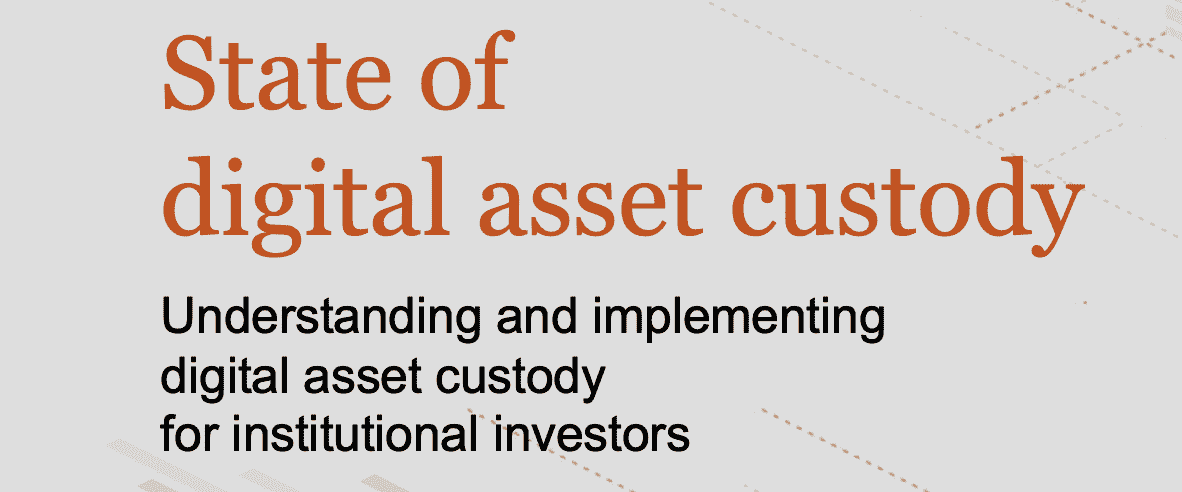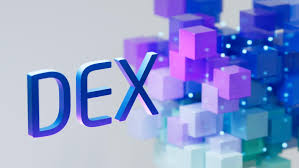How far away is Web3 from 90% of ordinary people?
How close is Web3 to the majority of people?In the past week, Curve has dominated the headlines in the industry, and Web3, this “dark forest,” once again confirms its nature. Once it is “illuminated,” it will attract more attention, and this attention will bring about a “self-referential” effect – the higher the attention, the greater the impact.
Although the founder of Curve has been selling CRV all the way to address the urgent needs, once the story happens, it is difficult to reshape it in the short term. After all, the foundation of this industry is still “capital.”
We can’t help but wonder, what has Web3 brought to the general public in the past few years?
Some may say it is the spirit of “decentralization,” and some may say it is a new story of capital. But so far, apart from the extensive media coverage, Web3 is still far away from 90% of ordinary people. So the next question becomes: how far is “far”?
- Analyzing the major update designed by Arbitrum Unpermissioned verification using BOLD
- Exciting Changes in the Inventory of DeFi Stablecoins
- Opinion From the perspective of musicians, NFT is the best medium for creators in the new era to practice the 1000 true fans theory.

Curve’s incident confirms the current state of industry development: “My token, your problem.”
What does this mean? From the perspective of applications, tokens represent the development status of the application and are the “votes” of ordinary participants in the application. However, ordinary token holders find it difficult to decide on the so-called development. The burden naturally falls on the team’s shoulders, and the team’s empowerment and performance of the token are the foundation of the application’s development. So when a problem occurs, the result will only fall on the participants, after all, “the token is mine, holding it is your choice.”
Therefore, in my opinion, if the Web3 industry needs to enter the lives of 90% of ordinary people, it must solve this paradox. Otherwise, people entering the industry will always bear the cost of “problems” rather than help drive the industry towards improvement. We should all consider how to weaken the “my token, your problem” dilemma.
Of course, returning to the original nature of Web3, the significance of tokens is self-evident. After all, consortium chains have already shown us the answer through practice. But it seems that no one likes products that are purely finance-oriented, which is also the dilemma of GameFi. When this ceiling is broken, it also means that Web3 games are experiencing a rebirth.
As for whether Curve’s story will have a satisfactory ending, it seems that the founder has realized the problem. If it continues to be “my token, your problem,” the product may face extinction. So selling seems to be a choice, but whether it should be praised still requires some contemplation.
The relationship between current project teams and participants can probably be described by a classic line from Stephen Chow’s movie:

Participant: Can we not have tokens?
Project Team: If we don’t have tokens, will you support us?
Participant: I am supporting you!
Is there a logical error? Everything seems reasonable and justified before a problem occurs, but after the problem occurs, the answer doesn’t seem so certain.
As Hashed’s partner expressed in an interview last week, “Hashed’s investment philosophy is based on three assumptions about the market: first, all assets will eventually be tokenized. Second, humans will engage in more social interaction in a digital manner. Third, decentralized organizations will last longer and be larger than existing organizations.”
If this assumption is valid, the universalization of Web3 will inevitably require more people to accept a premise, “Although it’s my token, you may face problems.”
At this point, it is appropriate to end this week’s observations with a description of the value and speculation of BTC by Marc Andreessen, co-founder of a16z, in his article “Why Bitcoin Matters” from 2014:
“The value of BTC is more based on speculation than actual payment volume. Speculation is creating a high enough price for this currency to make payment actually possible. BTC currency must have value first before it can withstand any amount of real-world payment volume.”
We will continue to update Blocking; if you have any questions or suggestions, please contact us!
Was this article helpful?
93 out of 132 found this helpful
Related articles
- Interpreting Polkadot 2.0 What are the impacts of the new parachain leasing mechanism on the demand and value of DOT?
- No More ‘Game Over’ Why is On-Chain Modification Rising?
- Intent centric or could become a new innovation that triggers a huge wave
- NFT Digital Collectibles Platform Involved in Crime, How is the Criminal Amount Determined?
- The right and wrong of zkSync and Polygon are escalating into a dispute over the open-source spirit.
- ERC-4337 User On-chain Activity Analysis What are the new opportunities?
- Copying code from zkSync? Polygon Zero and Matter Labs engage in a remote confrontation.






